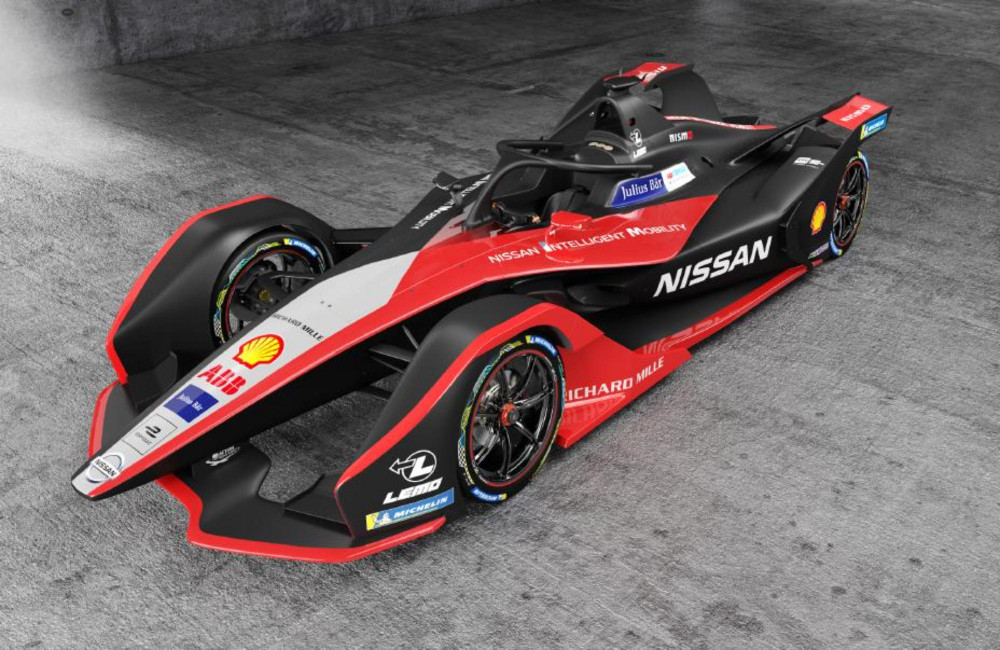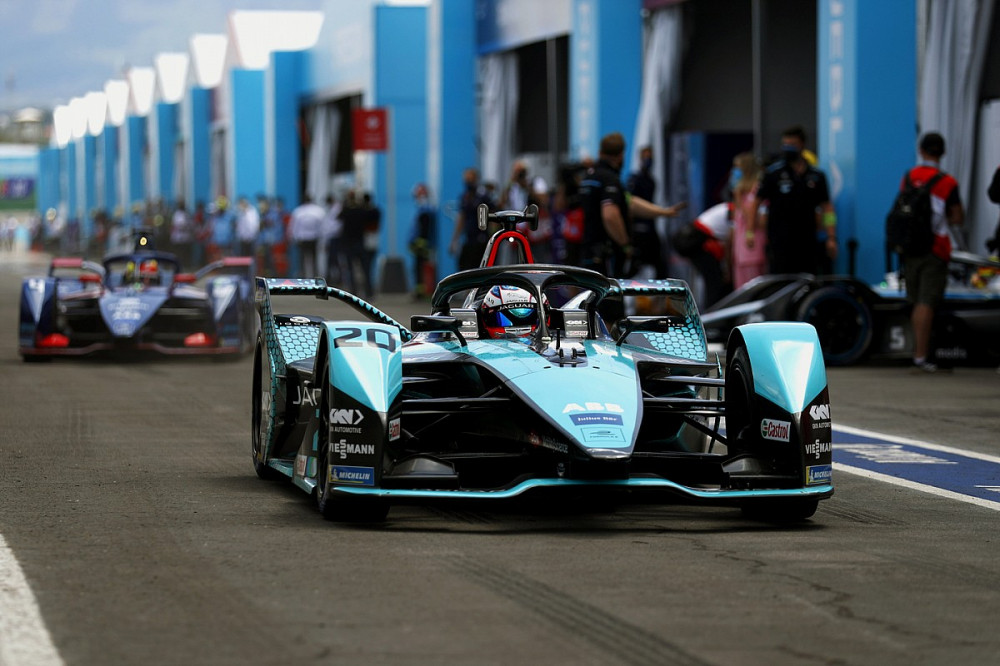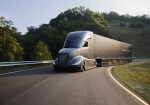Nissan and Jaguar Land Rover To Incorporate Formula E Technologies Into Production Cars

by AutoExpert | 25 January, 2024
In order to enhance the performance of their street vehicles, Nissan and the Jaguar Land Rover Group use innovations created in Formula E racing, demonstrating their commitment to keeping up with the fast developments in the electric vehicle market.
In an effort to remain competitive with industry leaders, both companies—which field teams in Formula E—are using the knowledge they've acquired from competing in electric car racing to help create improvements that will help produce electric cars with more range, higher efficiency, and maybe a cheaper cost.

Although it hasn't been easy to win over many racing enthusiasts, Formula E has been a great success for the participating manufacturers. Participants in Formula E claim the competition is considerably contributing, despite the fact that Formula 1 continues to draw far bigger crowds.
The fact that Formula E vehicles must produce the remaining energy via regenerative braking and only have 60% of their battery capacity at the start of each race is a crucial component of the competition. In order to increase performance and range, this drives manufacturers to create more sophisticated software and more effective systems.

With a £15 billion commitment to the manufacturing of electric cars, Jaguar Land Rover plans to use silicon carbide inverter technology in an attempt to facilitate the shift to more potent, economical, and efficient electric vehicles. Initially designed for its Formula E vehicles, this approach will enhance efficiency in its future premium electric models. JLR has already succeeded in expanding the range of the Jaguar I-Pace by 20 km, benefiting from its experience in battery temperature regulation.
Nissan plans to introduce 19 completely electric cars by 2026 in order to stay competitive in the electric vehicle industry. Nissan Formula E team head Tommaso Volpe said that the Nissan Leaf served as the original source of inspiration for the racing vehicles' software. The Japanese manufacturer wants to expand its line of reasonably priced electric cars with cutting-edge technology by creating smaller batteries, reversers, and more efficient motors.

















